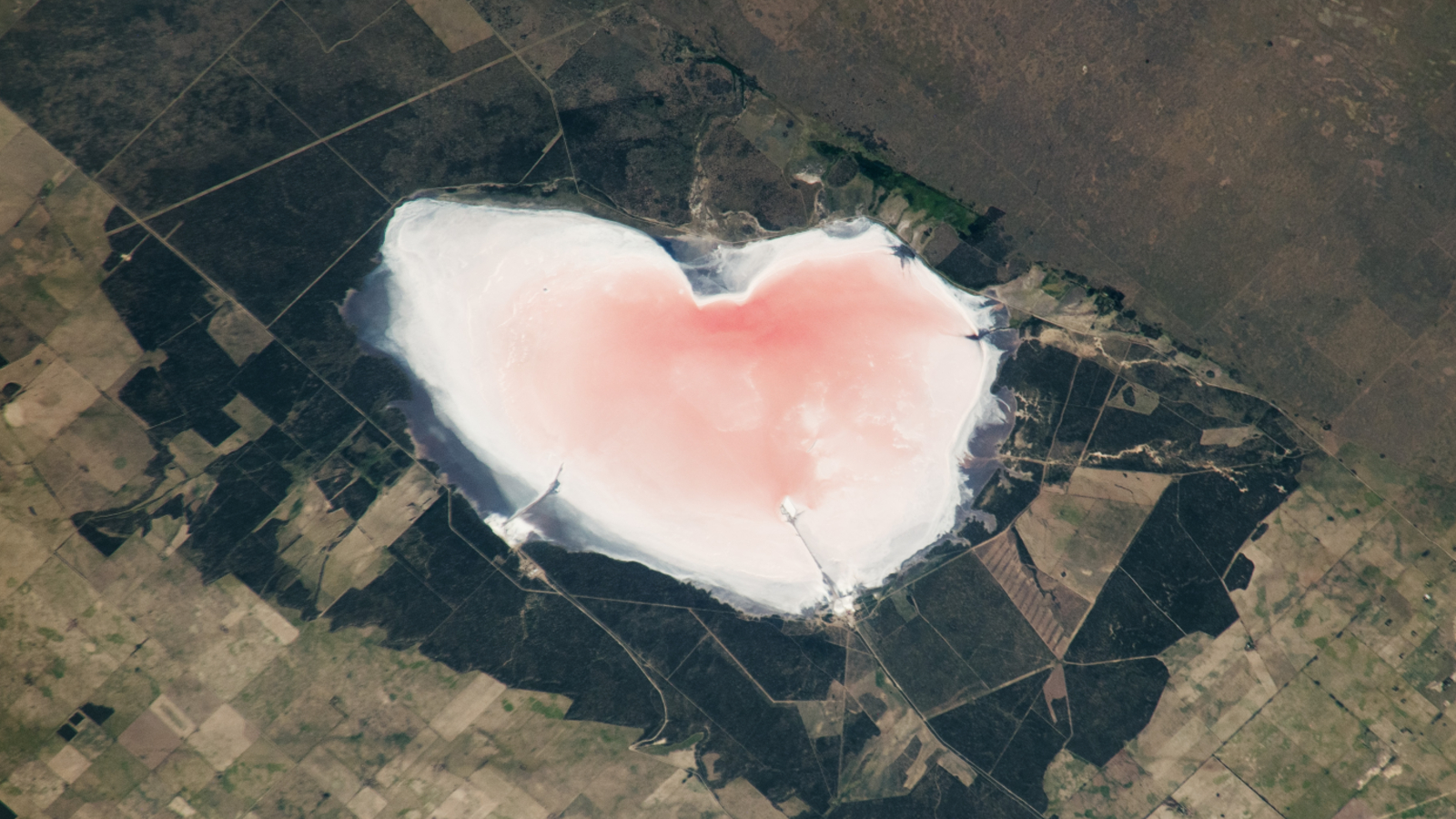Did Great White Sharks Wipe Out the Giant Megalodon?

Get the world’s most fascinating discoveries delivered straight to your inbox.
You are now subscribed
Your newsletter sign-up was successful
Want to add more newsletters?

Delivered Daily
Daily Newsletter
Sign up for the latest discoveries, groundbreaking research and fascinating breakthroughs that impact you and the wider world direct to your inbox.

Once a week
Life's Little Mysteries
Feed your curiosity with an exclusive mystery every week, solved with science and delivered direct to your inbox before it's seen anywhere else.

Once a week
How It Works
Sign up to our free science & technology newsletter for your weekly fix of fascinating articles, quick quizzes, amazing images, and more

Delivered daily
Space.com Newsletter
Breaking space news, the latest updates on rocket launches, skywatching events and more!

Once a month
Watch This Space
Sign up to our monthly entertainment newsletter to keep up with all our coverage of the latest sci-fi and space movies, tv shows, games and books.

Once a week
Night Sky This Week
Discover this week's must-see night sky events, moon phases, and stunning astrophotos. Sign up for our skywatching newsletter and explore the universe with us!
Join the club
Get full access to premium articles, exclusive features and a growing list of member rewards.
The great white shark (Carcharodon carcharias) may have wiped out the giant megalodon (Otodus megalodon).
Millions of years before human beings emerged, a type of shark that grew up to 60 feet (18 meters) long prowled the oceans. Based on the fossil record, scientists suspect that O. megalodon died off about 2.6 million years ago, around the time a lot of other marine species went extinct. (Researchers even recently suggested that the mass die-off may have been the result of a nearby supernova.) [These Bizarre Sea Monsters Once Ruled the Ocean]
But scientists may have miscalculated megalodon's time of death by about 1 million years.
For a paper published today (Feb. 13) in the journal PeerJ, researchers re-examined the fossil record of megalodons in California and Baja California, Mexico, where many examples of the huge fish have been found.
There's clear evidence that up until about 3.6 million years ago, megalodons were alive in the ocean. But after that, things get dodgy. Fossils dated to between 2.6 million and 3.6 million years ago tended to have issues. Many of the fossils seemed to have shifted within the surrounding rock in ways that complicate the dating methods scientists use.
But if megalodons died out 3.6 million years ago, they weren't part of that mass marine extinction. So, what killed them?
The researchers in the new study suggested that the huge sharks were outcompeted by a smaller, savvier predator.
Get the world’s most fascinating discoveries delivered straight to your inbox.
Great whites arrived in the oceans about 4 million years ago, just 400,000 years before megalodon's revised death date.
"We propose that this short overlap (3.6 to 4 million years ago) was sufficient time for great white sharks to spread worldwide and outcompete O. megalodon throughout its range, driving it to extinction," College of Charleston paleontologist Robert Boessenecker, an author of the study, said in a statement.
Boessenecker also suggested that the whole idea of a sudden marine die-off 2.6 million years ago may be an artifact of gaps in the fossil record, rather than the result of some "cataclysm" like a supernova.
As for the great whites, if they know what killed the giant megalodon, they aren't telling.
- Image Gallery: 25 Amazing Ancient Beasts
- The 10 Weirdest Sea Monsters
- Ancient Sharks and 'Sea Monsters' Inspired Mayan Mythology
Originally published on Live Science.

 Live Science Plus
Live Science Plus










